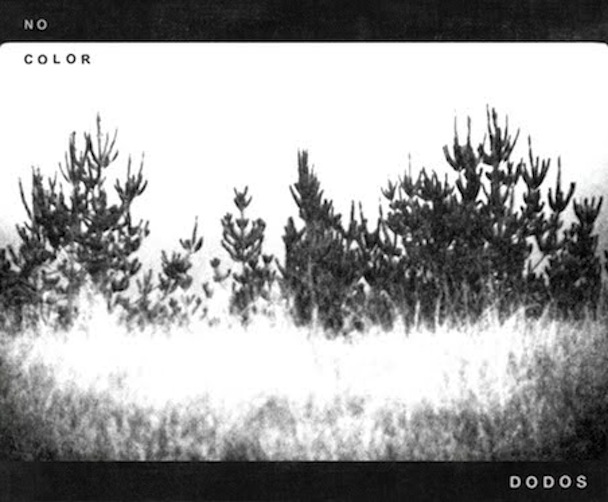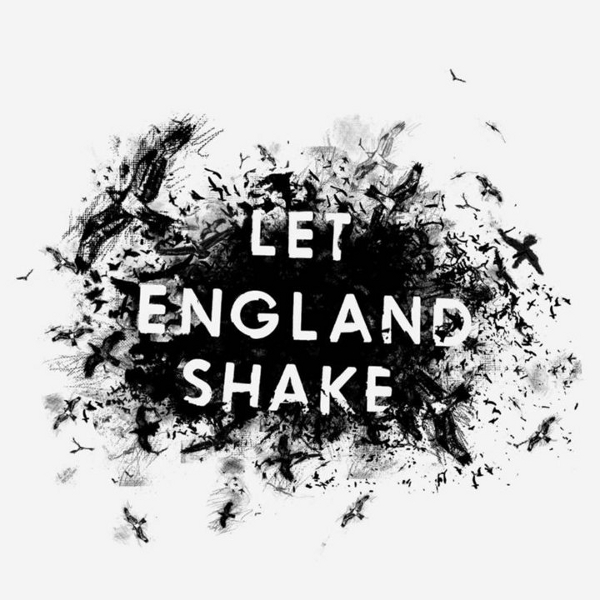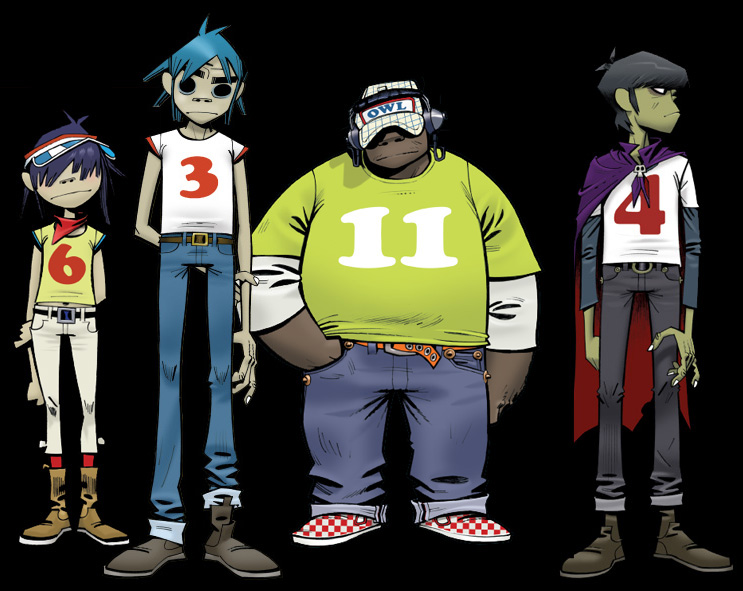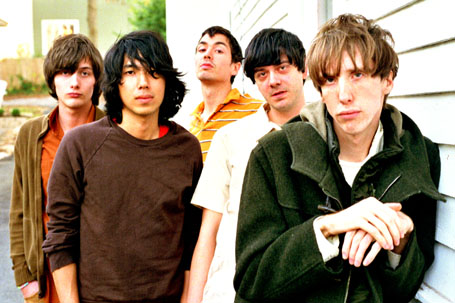What good punk rock sounded like before NOFX and Anti-Flag turned it into an abomination.
BY VINCENT ALBARANO
This time around I'm going with one of my favorite albums: the collected discography of South Florida's The Eat. “What the hell is The Eat?” you're asking. Well, The Eat were one of Florida's earliest punk bands, who managed to inspire a scene of other groups you (and I) don't care about. I'm sure this means nothing, but hey, I started doing these because I didn't want my comments and reviews to just stay in my head where no one would hear them. All that aside, The Eat started out in the late '70s and released their flagship "Communist Radio" b/w "CatholicLove" single in 1979. Their only other release during their lifetime was 1980's God Punishes The Eat EP. Other posthumous releases followed but the band remained unknown (natch). They were first exposed to the brain-dead punk public at large on the third volume of the Killed by Death compilation series, which even took its name and cover from their second EP. Years later, Jello Biafra (there's a name you'll recognize) went archiving and released this two disc compilation of all the band's studio recordings (unreleased tracks everyone!) and a series of live sets on his Alternative Tentacles label. Looks like those damn anarchists can do some things right.
The band got on the punk rock scene early enough that it hadn't yet been codified into a single sound, so a good deal of their songs don't fit the punk rock stereotype. The most prevalent sound here is guitar-based 1950s rock & roll, as demonstrated on "Jimmie B. Goode" (hell, that title gives it away), "Catholic Love," "I Led Two Lives" and a number of others. A few songs play out as pre-hardcore adrenaline rushes ("Nut Cop," "Kneecappin'"). Other tracks were funk-based party anthems ("Nixon's Binoculars," "Mr. Brown") or even weird psychedelic/folk numbers ("Dream of Yogi"). Overall, there's none of the dour posturing and petulant scowling found on most punk records of the era--this isn't meant to spark a revolution, but rather a party. The band was having fun and their audience couldn't help but get suckered into the energy--the live sides on disc two give the best proof of this.
Part of the band's appeal was their lyrics, which showed they really didn't give a damn what was thought of them or their music. The Eat wrote songs about things they enjoyed and these four friends and co-workers weren't about to be codified into a systematic way of playing music. One of the major topics was sports (natch). Another big one was guitarists/singers/brothers Eddie and Michael O'Brien's Catholic upbringing. Politics were a big one, of course, but The Eat were set apart from their punk peers by their way of handling such matters: far from attempting criticism of matters way over their heads (take a note, endless list of punk bands), these guys simply stated what was going on at the time. The songs that don't fit into these categories are about anything else the band wanted to poke fun at or discuss; these include animal abuse, stomping an ex-girlfriend's pets to death, and living like a punk at night but an adult with responsibilities by day.
Since I've had this collection for awhile and like it so much, I'm sure this all comes off more as an appraisal than a review, but why shouldn't it? If cookie-cutter political punk with no time for fun is a dull prospect for you, this album is the perfect counterpoint. Tired of thrash-and-scream bands who think Nervous Breakdown was the musical ground zero? Look no further. No sense of responsibility is needed to apreciate the songs contained within, and all pretention can be left at the door (unlike with this review).
























